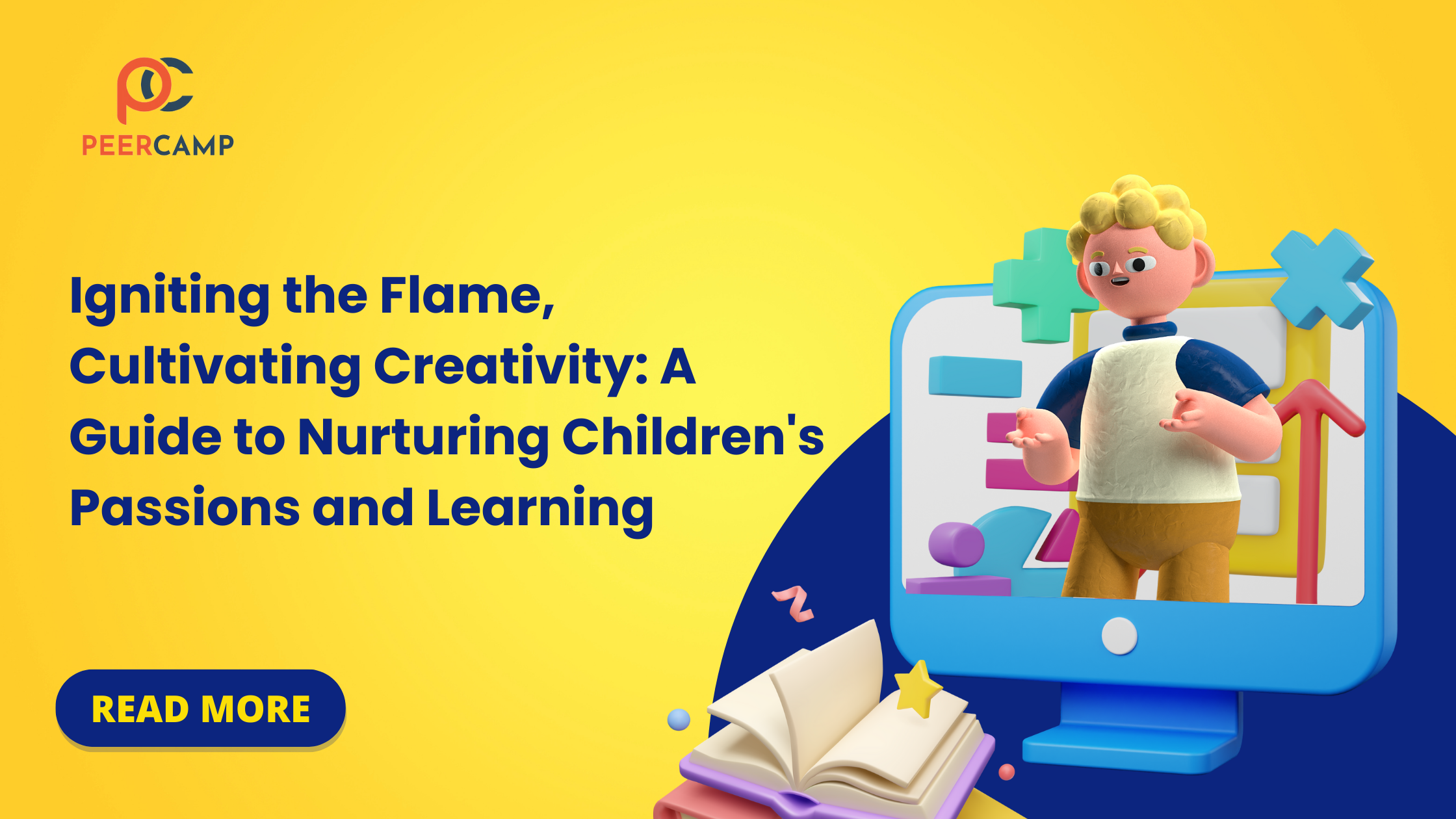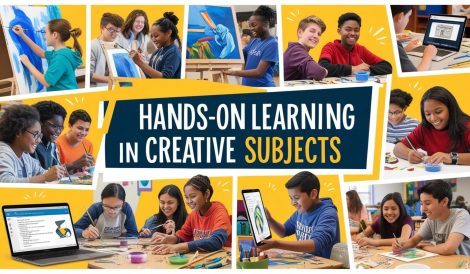In the ever-evolving landscape of education, there’s a growing recognition that traditional, one-size-fits-all approaches may not always be the most effective way to unlock a child’s full potential. One powerful alternative gaining momentum is the concept of passion-led, interest-based learning. This blog explores the transformative impact of allowing children to follow their interests, fostering creativity, and cultivating a love for learning that extends far beyond the classroom.
The Power of Passion-Led Learning:
1. Discovering Individual Passions:
- Every child is unique, with distinct interests and curiosities waiting to be discovered. Encouraging kids to explore various subjects and activities allows them to identify their passions naturally.
2. Fostering Intrinsic Motivation:
- When children engage in activities they are genuinely interested in, motivation becomes intrinsic. Passion-led learning taps into their natural curiosity, making the learning process enjoyable and meaningful. Understanding how to tap into this curiosity can unravel a world of opportunities for creativity and exploration.
3. Building a Lifelong Love for Learning:
- Unlike rote memorization, passion-led learning creates a foundation for a lifelong love of acquiring knowledge. A child’s interest in a particular subject, sparked by a TV show or any experience, can serve as a gateway to profound learning. Children develop a mindset that values learning as a continuous and exciting journey.
Strategies to Spark Interest-Based Creativity:
1. Create a Curiosity-Rich Environment:
- Observing unique ideas, documenting questions, and noticing trends in play can provide valuable insights. Surround children with diverse books, resources, and online materials that pique their interest. A curious environment fuels exploration and encourages questions.
2. Facilitate Hands-On Experiences:
- As children grow, their play evolves, but the essence remains. From building with magnet tiles to virtual creations in Minecraft, encouraging exploration is key to identifying evolving passions. Learning is enhanced when it involves hands-on experiences. Whether through experiments, projects, or creative activities, hands-on learning provides a tangible connection to concepts.
3. Embrace Technology as a Tool:
- Leverage technology to explore subjects in innovative ways. Educational apps, online courses, and virtual experiences can bring learning to life and cater to varied interests.
4. Encourage Passion Projects:
- Allow children to delve deep into subjects they are passionate about through passion projects. These projects empower them to take ownership of their learning and develop valuable research and presentation skills.
Nurturing Creativity through Passion:
1. Open-Ended Play:
- Provide opportunities for open-ended play and an information pool, where children can use their imagination freely. This unstructured playtime fosters creativity and allows for the development of problem-solving skills.
2. Embrace Creativity “Mess”:
- Creativity often comes with messes. Embracing the chaos by creating designated creative spaces and involving children in the cleanup instills responsibility and important life skills. Encourage thinking beyond conventional solutions. Activities that promote divergent thinking, such as brainstorming sessions or creative writing exercises, help children explore multiple perspectives.
3. Celebrate Mistakes as Learning Opportunities:
- Creating a culture that embraces mistakes as stepping stones to success encourages experimentation and risk-taking. This mindset shift contributes to a child’s resilience and creativity.
The Role of Parents and Educators:
1. Be Curious Together:
- Model curiosity by exploring new interests alongside your child. This shared experience not only strengthens your bond but also emphasizes the joy of lifelong learning. Engaging in joint learning experiences, admitting when you don’t know the answer, and celebrating the journey of trying new things create a supportive atmosphere for exploration.
2. Provide Freedom within Structure:
- Balancing freedom and structure is key. Offer a framework that supports exploration while ensuring essential educational and skill upliftment goals are met. Fostering an environment where trying counts encourages children to explore without fear of failure. Emphasizing the process over the outcome is crucial for building resilience.
3. Listen and Adapt:
- Pay attention to your child’s evolving interests. Being attuned to their passions allows for timely adjustments in learning approaches and resources. Regular discussions about failure and success, along with encouraging children to try new things, promote a mindset where the focus is on the effort rather than the result.
3. Budget for Creativity:
- Recognizing the financial aspect, families can create budgets for extra materials or activities that align with children’s interests. This ensures that support for their passions is consistent.
Igniting Creativity with PeerCamp Classes and Courses:
- PeerCamp provides a supportive online community for children to explore their interests through a variety of virtual classes. These classes offer a platform for self-directed learning within a nurturing environment.
- PeerCamp is right here with a treasure trove of resources, insights, and inspiration, helping make this journey an enlightening and joyful one for both you and your child.
Conclusion:
In a world where adaptability and creativity are prized skills, nurturing passion-led, interest-based learning becomes a powerful tool for preparing children for the future. By embracing their natural curiosity, providing diverse learning experiences, and leveraging platforms like PeerCamp to foster creativity, we empower the next generation to not only excel academically but also to thrive as innovative thinkers and lifelong learners. Through the platform, parents and educators can kindle the flame of curiosity, ensuring that every child’s unique interests are celebrated and nurtured.




